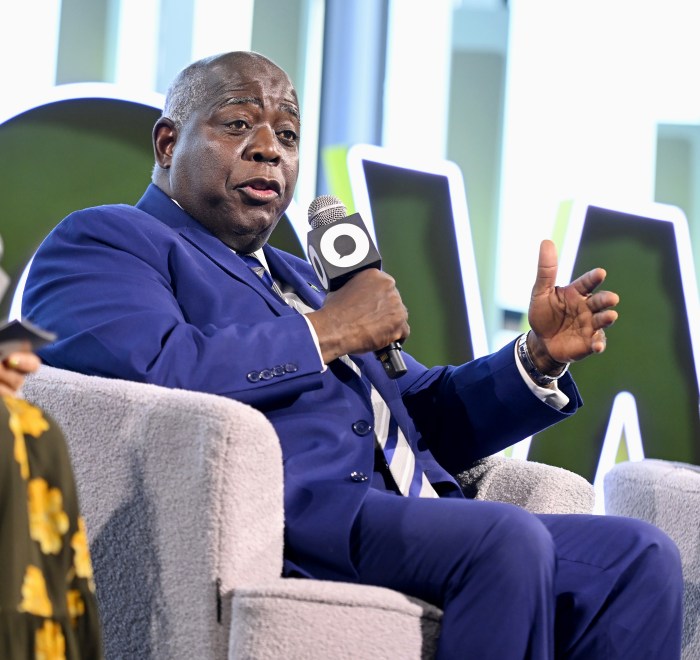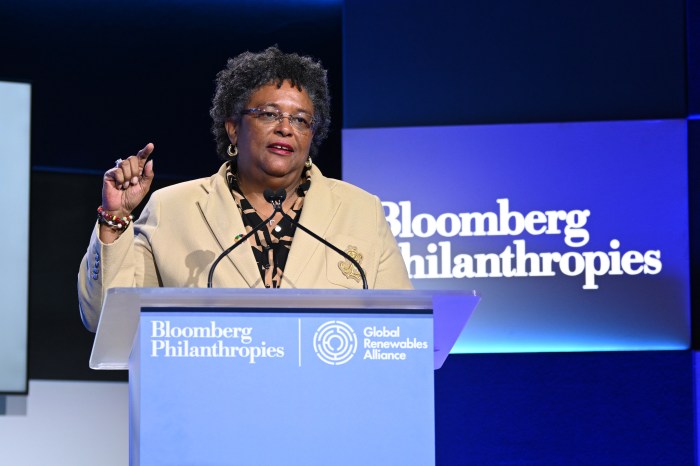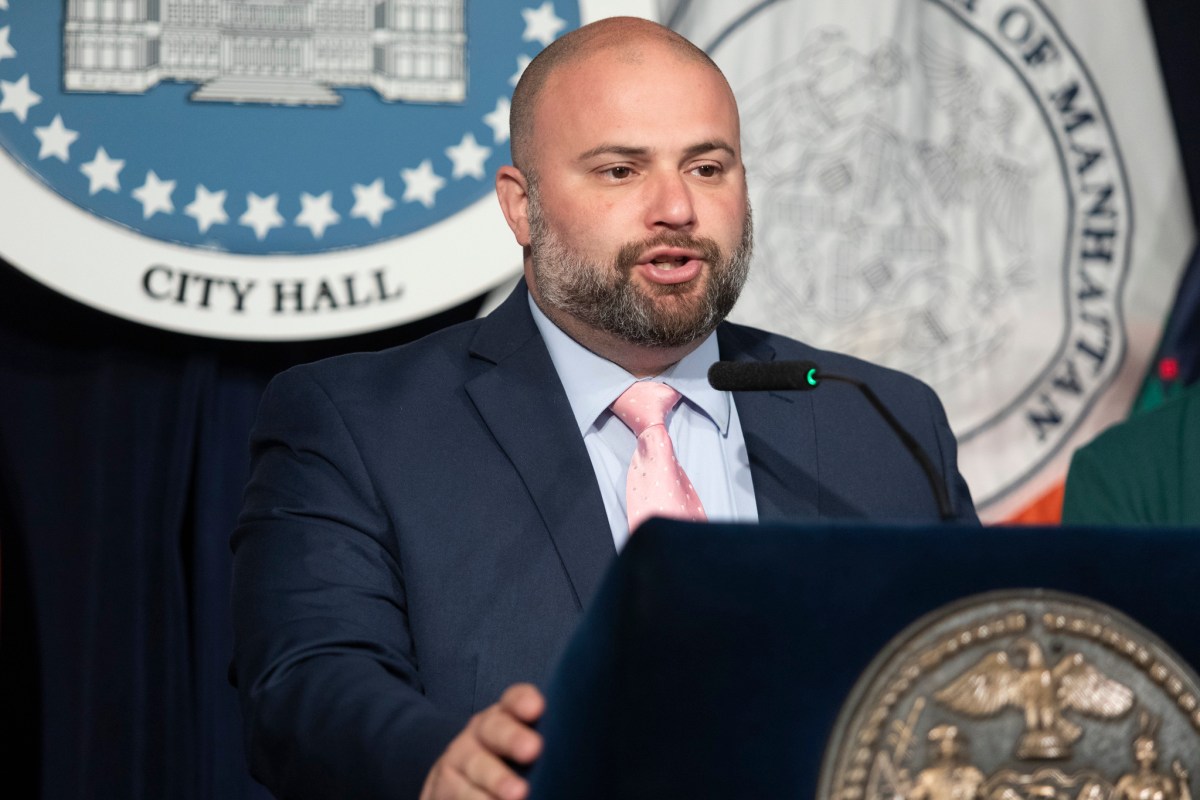In celebration of Bahamas’ 45th year of independence, a Bahamian-American publishing house has released three books celebrating the nation’s culture and history. Brooklyn-born Bahamian author Wendy Coakley-Thompson, is on a mission to revive and restore her country’s literary scene. She founded the publishing company Duho Books, to introduce texts that highlight not only the beauty of Bahamas, but its people and their experiences and traditions — because many stories were not being told.
“It came from my place of getting tired of explaining to people about the Bahamas and where it was because people immediately think of Sandals or other tourist resorts,” said Coakley-Thompson. “And I was growing tired of the myopia, being unable to find fictional stories that spotlighted the full-spectrum of the country and its citizens.
“I was a successful writer but I was not seeing myself and my life in current fiction,” she said. “But being American of Bahamian descent — I felt I could best writer about my culture.”
She then began a quest to write her book, “What You Won’t Do For Love,” and find other authors that emphasized the country in some way. DuhoBooks recently released three books by Coakley-Thompson, and two other Bahamian authors — S. L. Sheppard and N.A. Cash.
In her book she follows the dating life a young professional woman of Bahamian descent living in Washington, D.C., and while its not set in the country, the book highlights certain aspects of Bahamian culture such as slang, lingo, food, and references to the country itself, according to Coakley-Thompson.
She says the popularity of tourism and advertisements promoting Bahamas as a getaway destination created a one-dimensional narrative of the country, ignoring the multi-island nation’s culture and heritage.
“Our tourism ministry plays a role, but I would like them to broaden that,” she said. “I want to counter the programming that says, ‘Come to Atlantis or enjoy a Bahama mama on the beach’ — we are more than that. We are a people with rich history,” added Coakley-Thompson.
With Duho Books, she searched for other authors who focused their fiction on Bahamas in general.
“I want to counter what people are seeing about Bahamas, so when I tell people any aspect of it in fiction of non-presented view of Bahamas doesn’t have to be positive, but anything that shows we here. Anything that shows that we have agency and stories to tell,” said Coakley-Thompson.
There are quite a few things people often do not know about the country aside from touristic locations, such as the diversity within the Bahamian people, and various cultures that have made it a home, said Coakley-Thompson.
“I think many people would find interesting that there are many different cultures in the country — Nassau is not the center of the universe for the Bahamas, but people will be interested to find that there are many different ethnic groups, particularly Haitians, Greeks, and Cubans that live there,” she said.
All of the books are not about Bahamas or set there, added Thompson. But she says there are mentions of the multi-island nation, and the Caribbean region overall, and says in her other books, “Back to Life,” she highlights the country’s independence and other tidbits of Caribbean livelihood.
“I talk a lot about nation-building. And because I grew up in Brooklyn, I talk about taking the dollar van to the mall and other familiar things West Indians living in Brooklyn do,” she said.
Thompson noted that Bahamas gaining independence was a moment of pride for many, but it also created feelings of ambivalence in older Bahamians, compared to younger ones. She said her mother growing up under British-colonization brought feelings of uncertainty to several, but explained that it was more than hesitance but rather being comfortable with what they knew.
“My mother grew up with full British rule and she remembered all of that, and now that I look back, in hindsight it was a big deal — the Union Jack came down a new flag went up, and we had a new anthem,” she said. “And a lot of folks wonder whether we lived up to the promise and the hope we expected.”
























